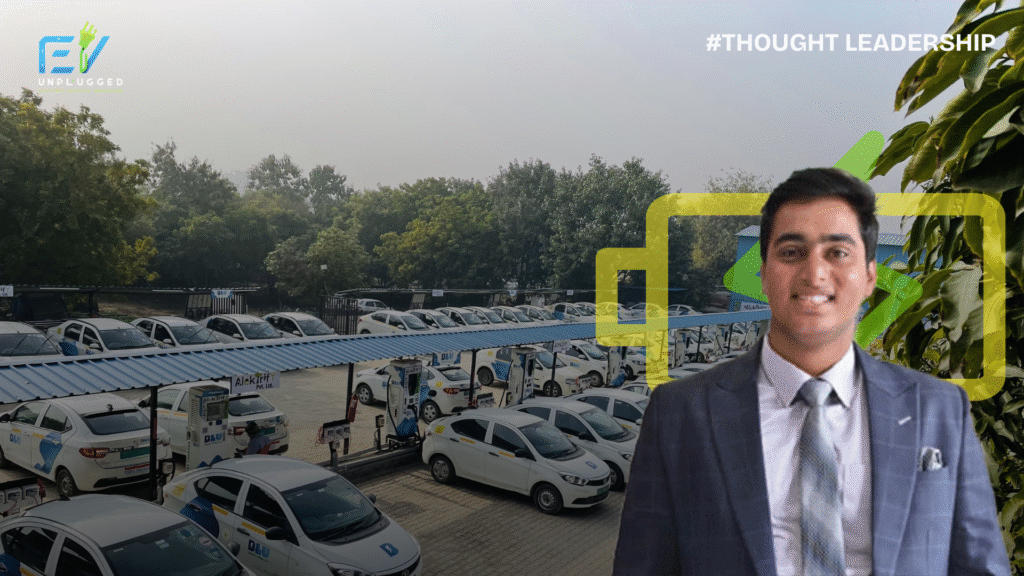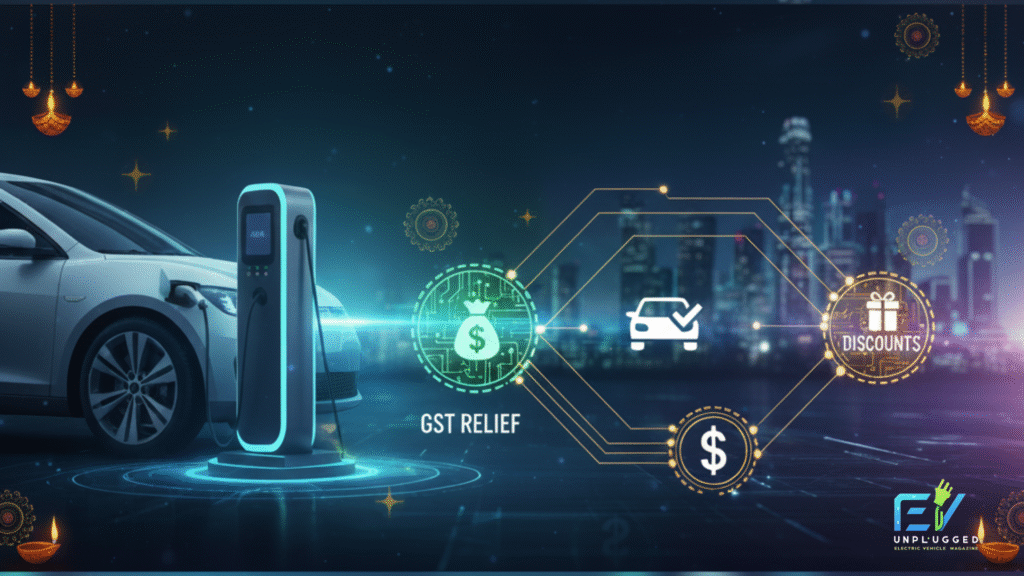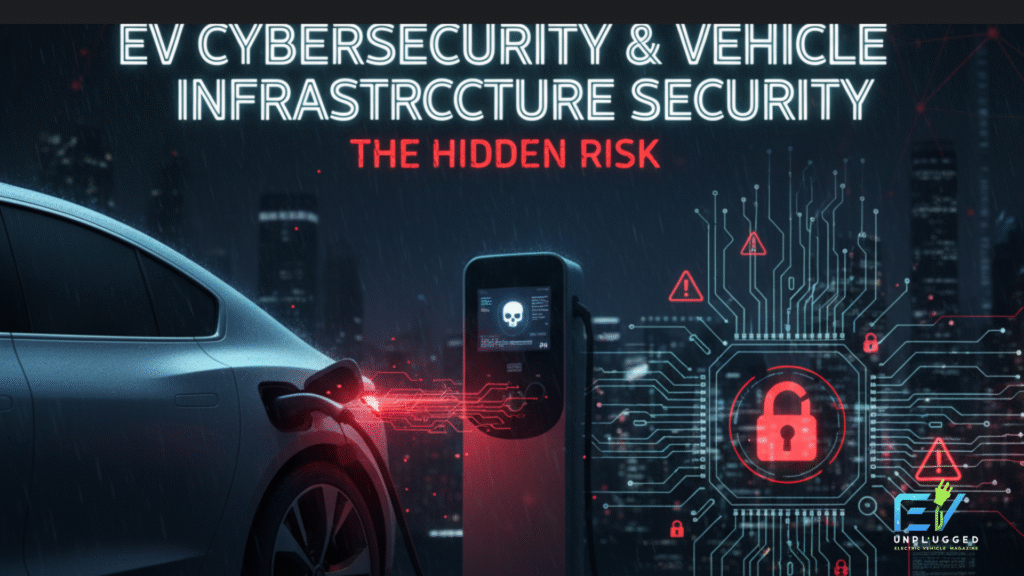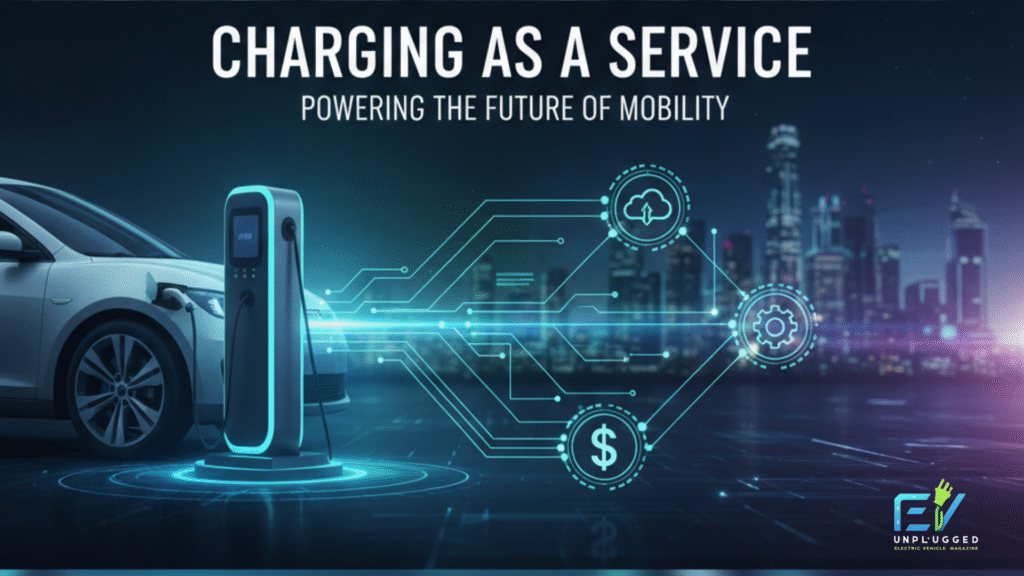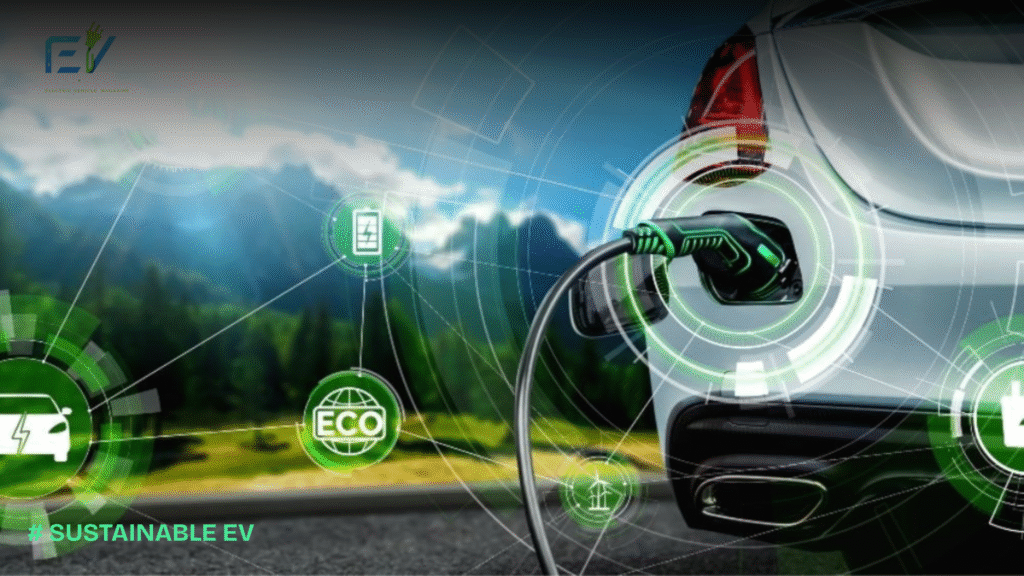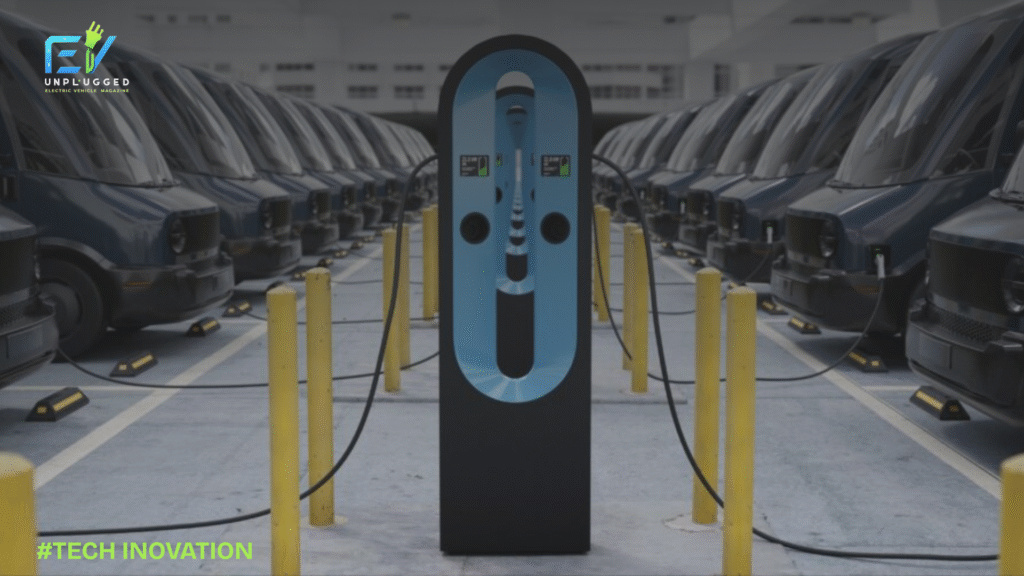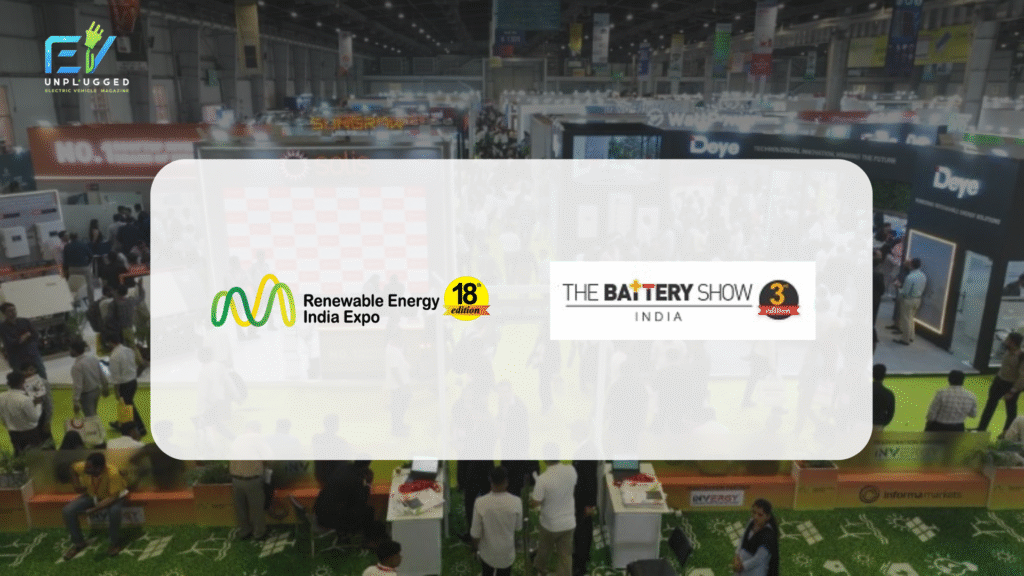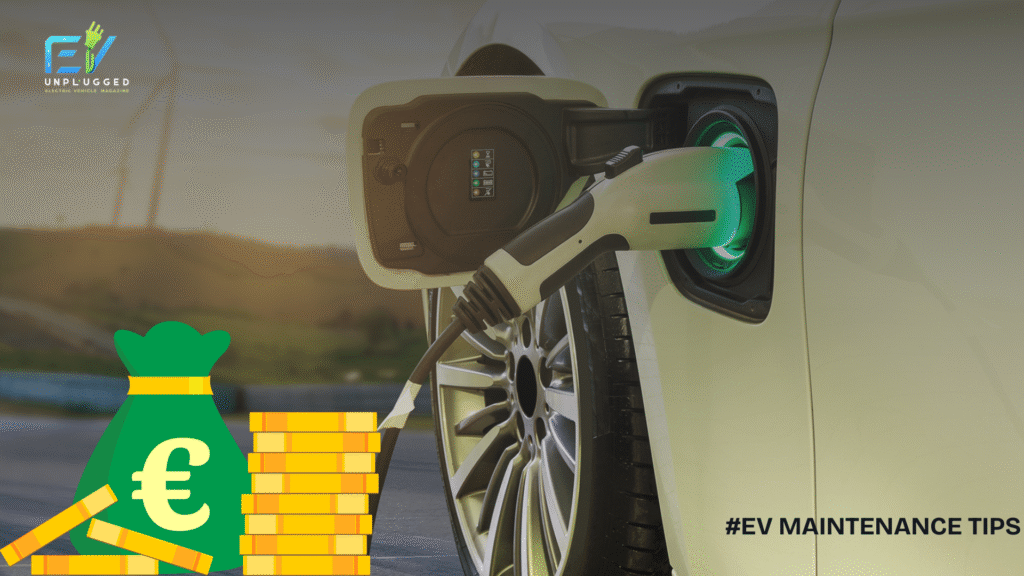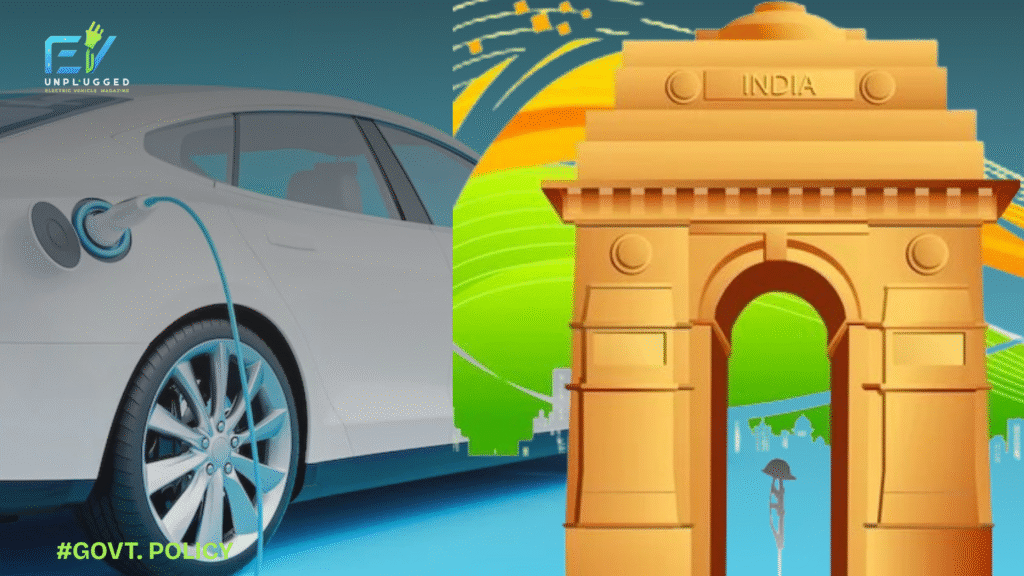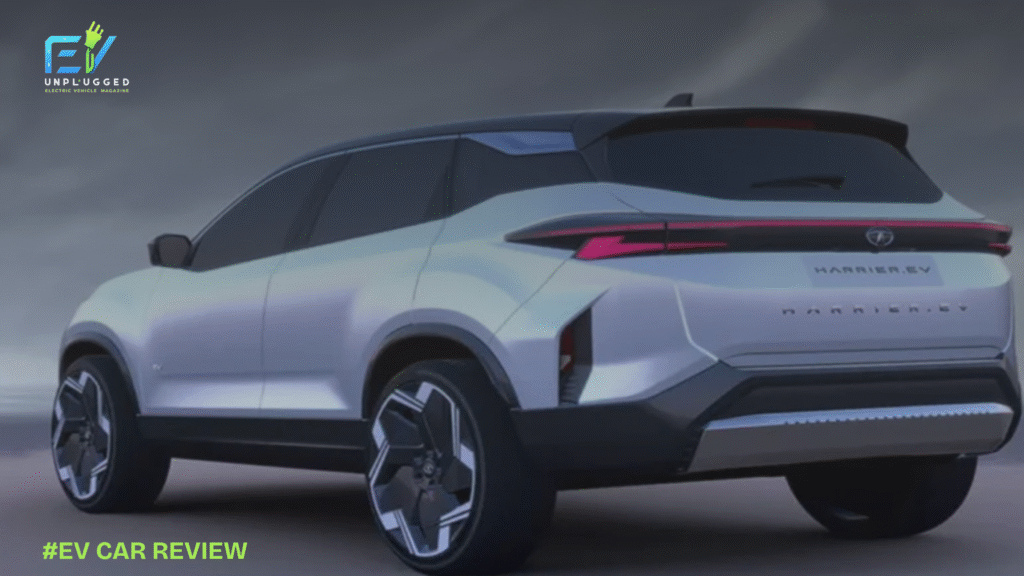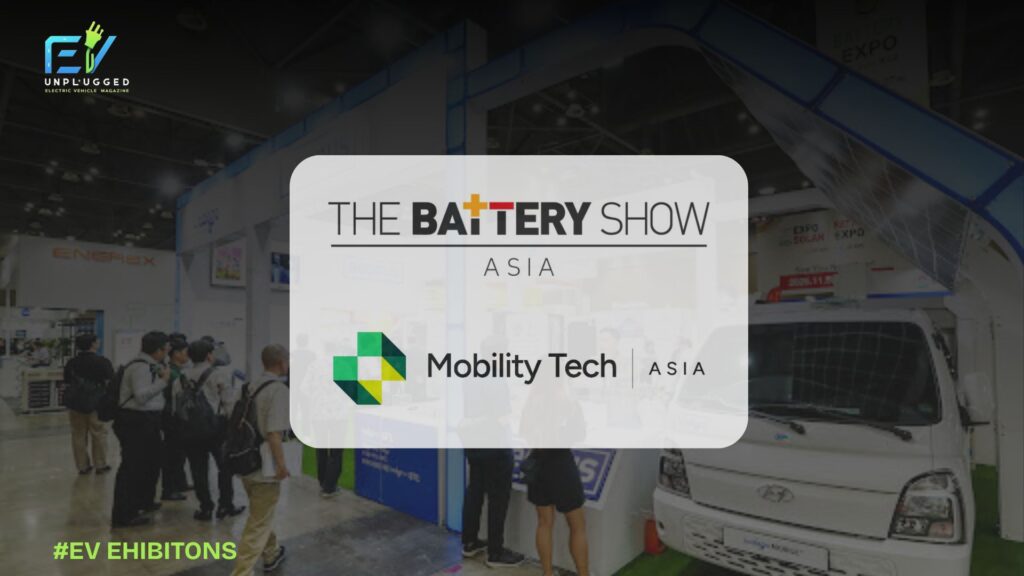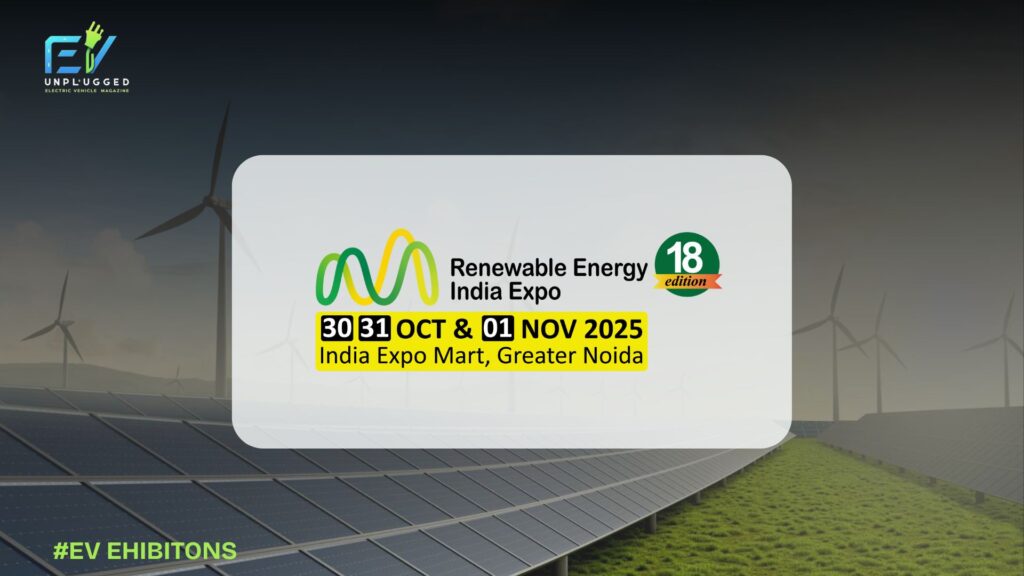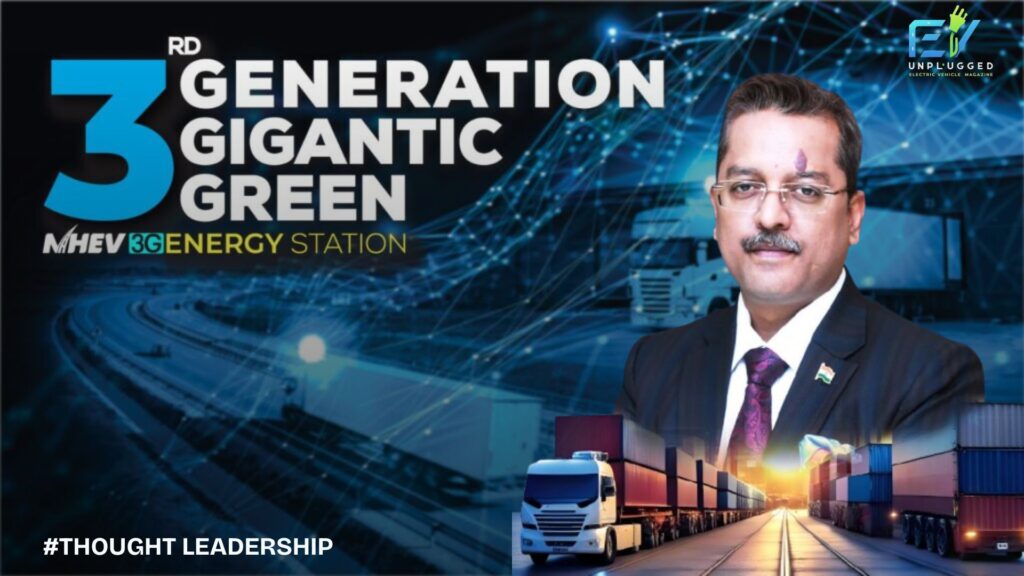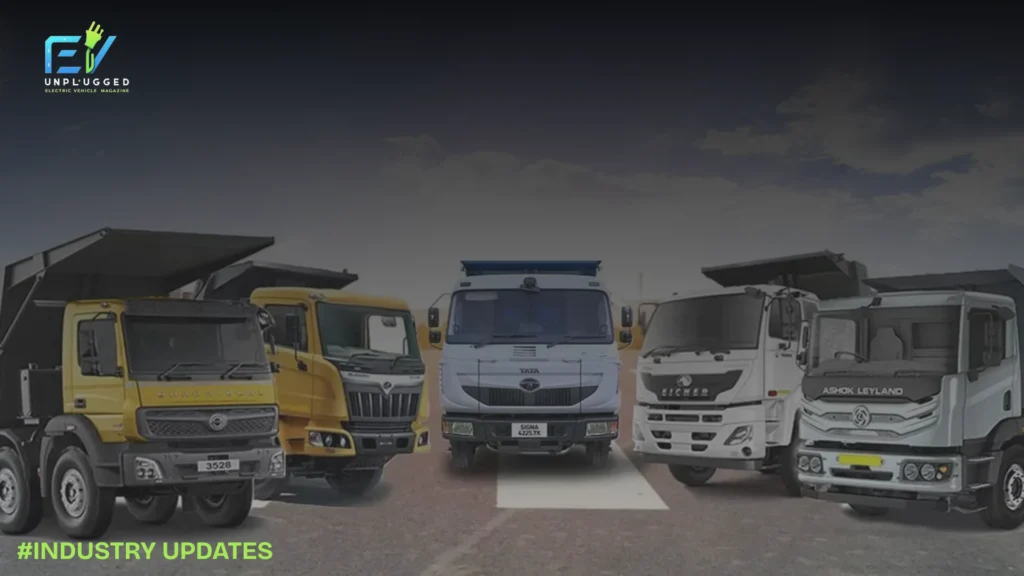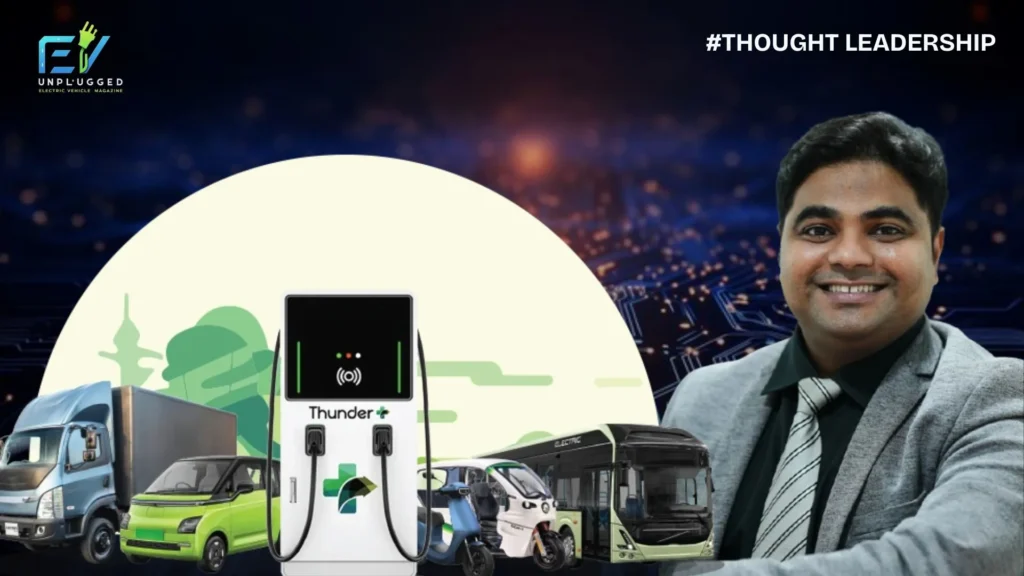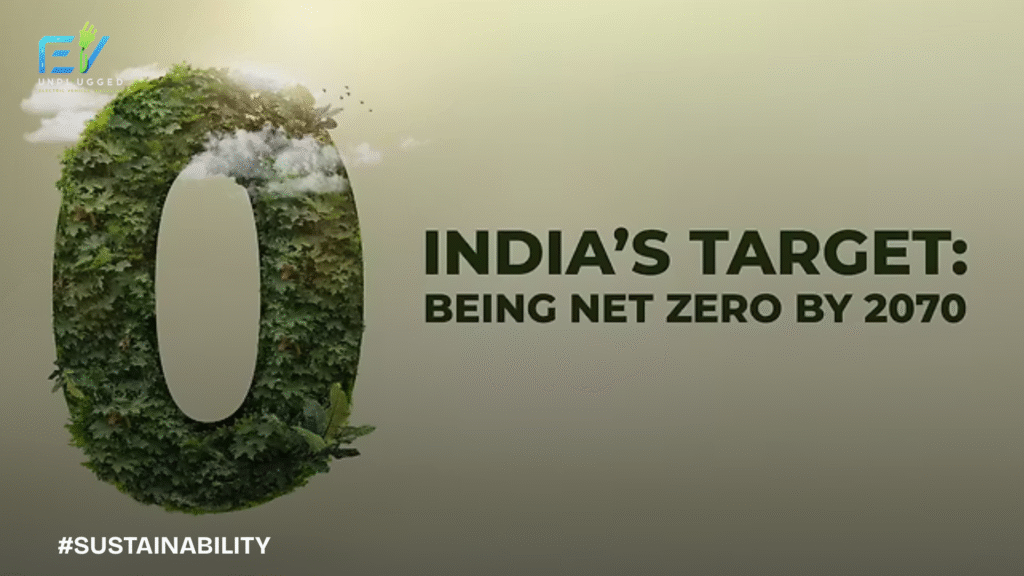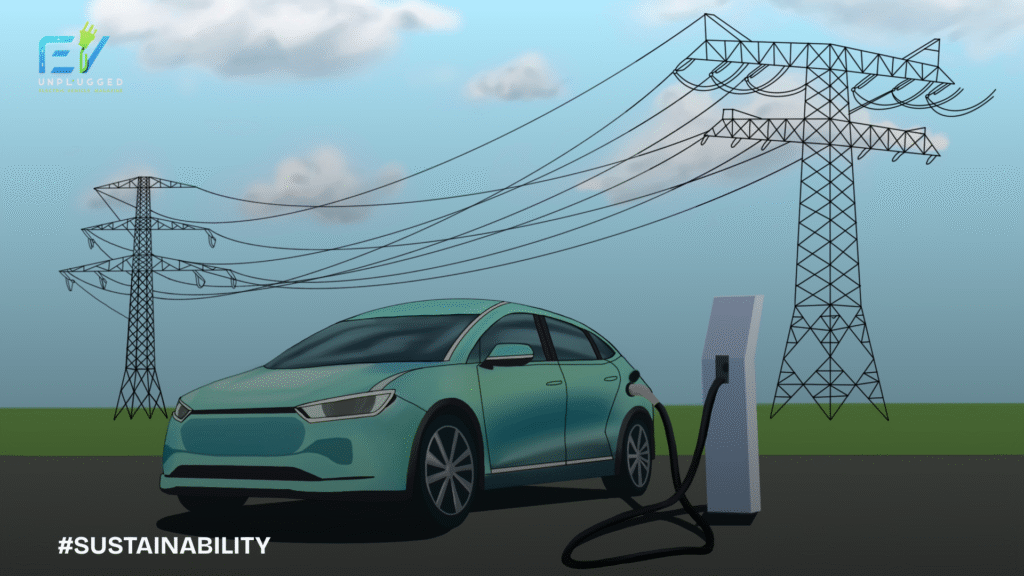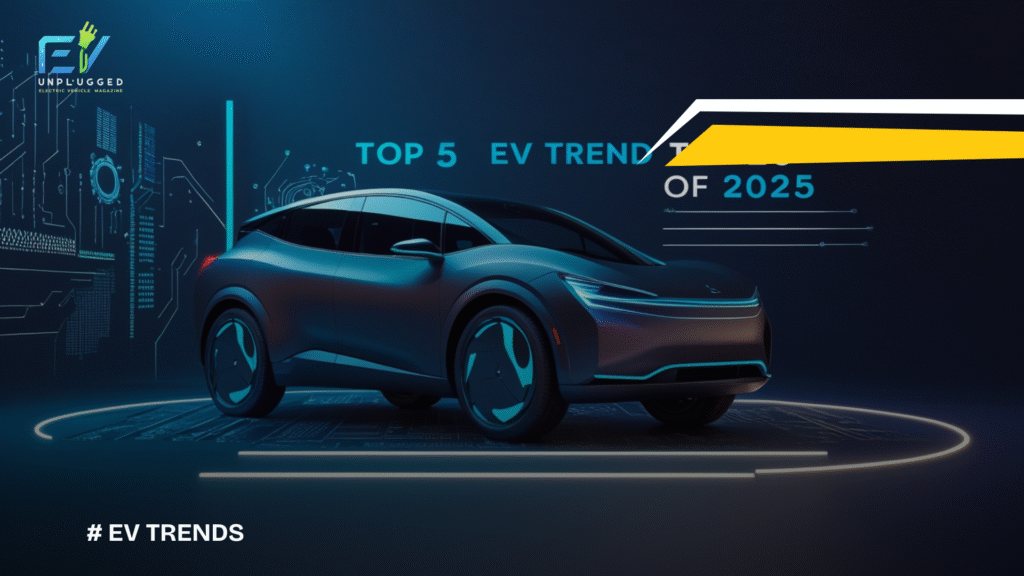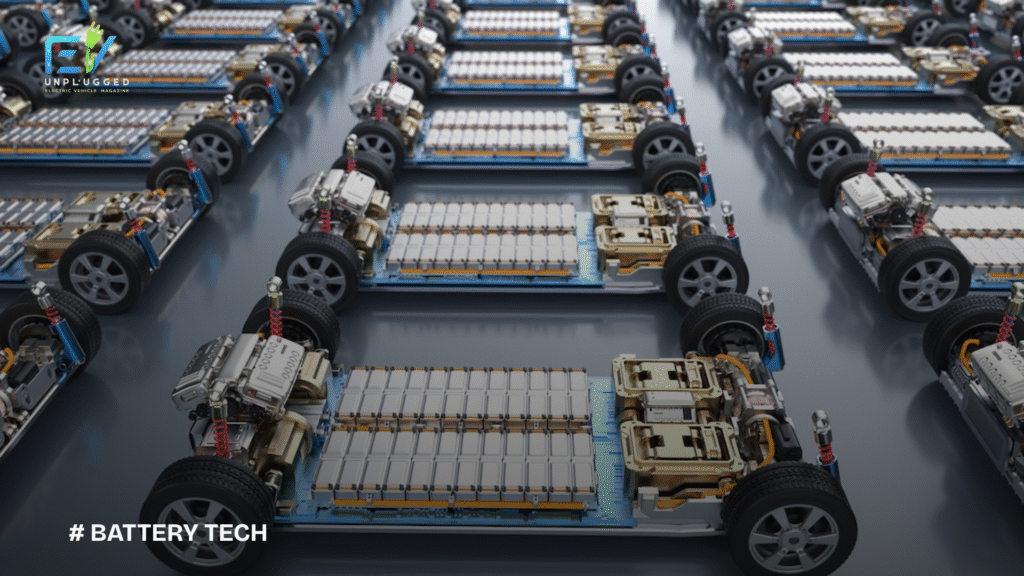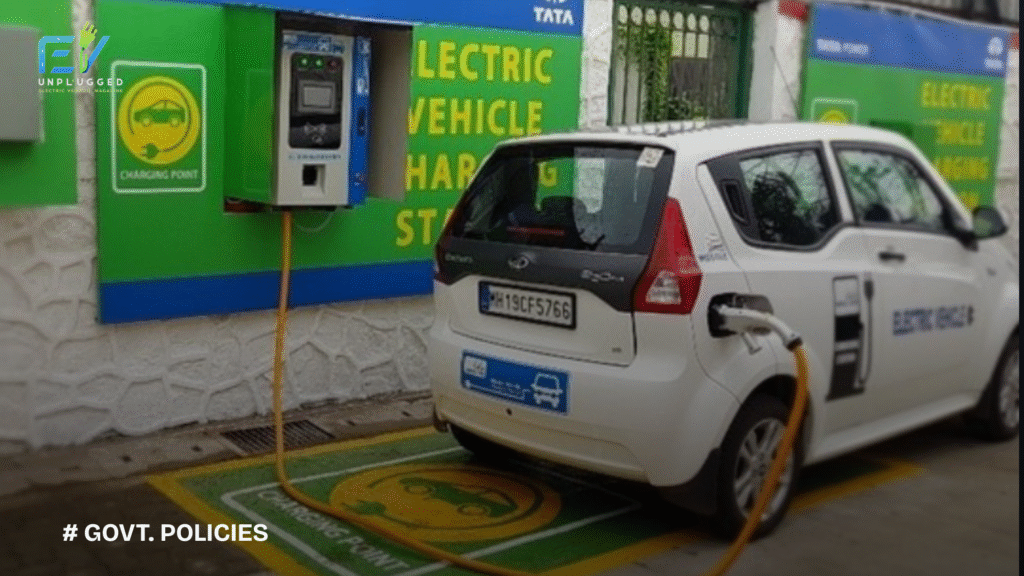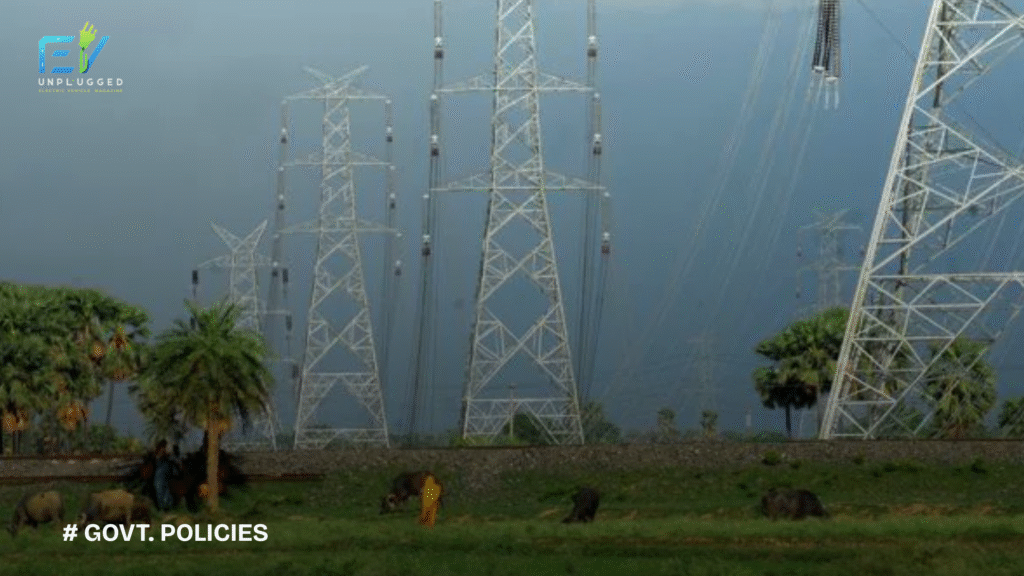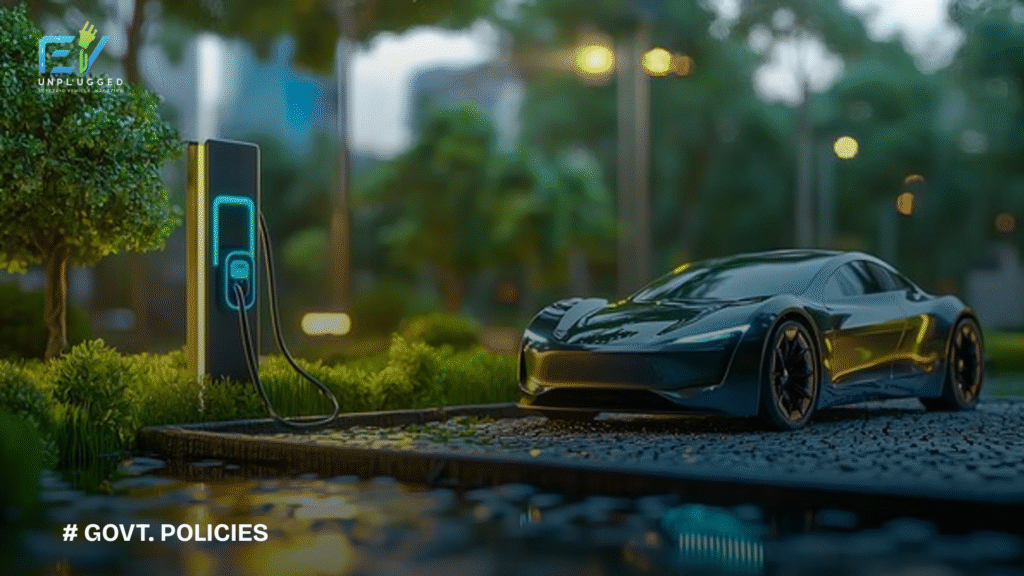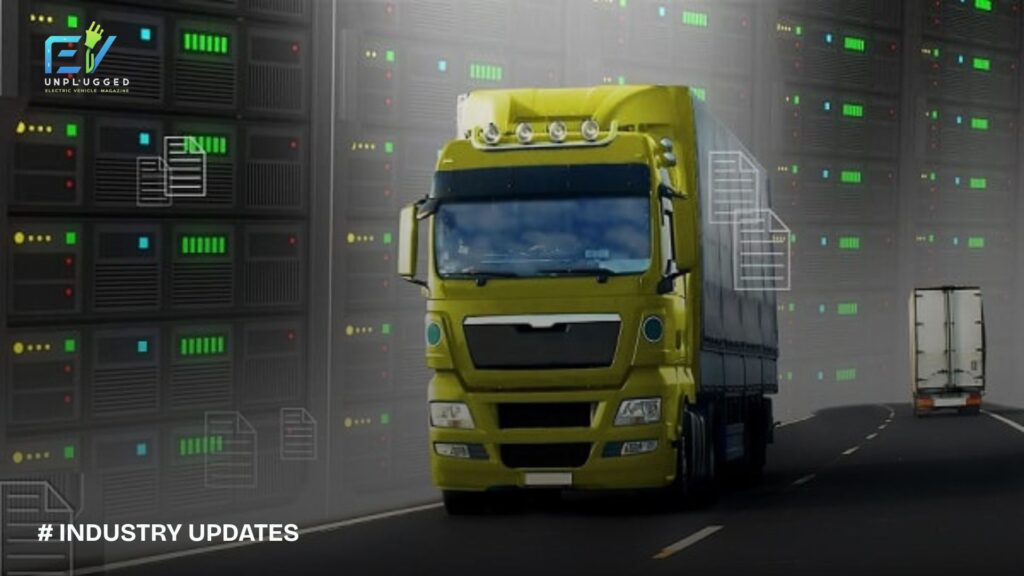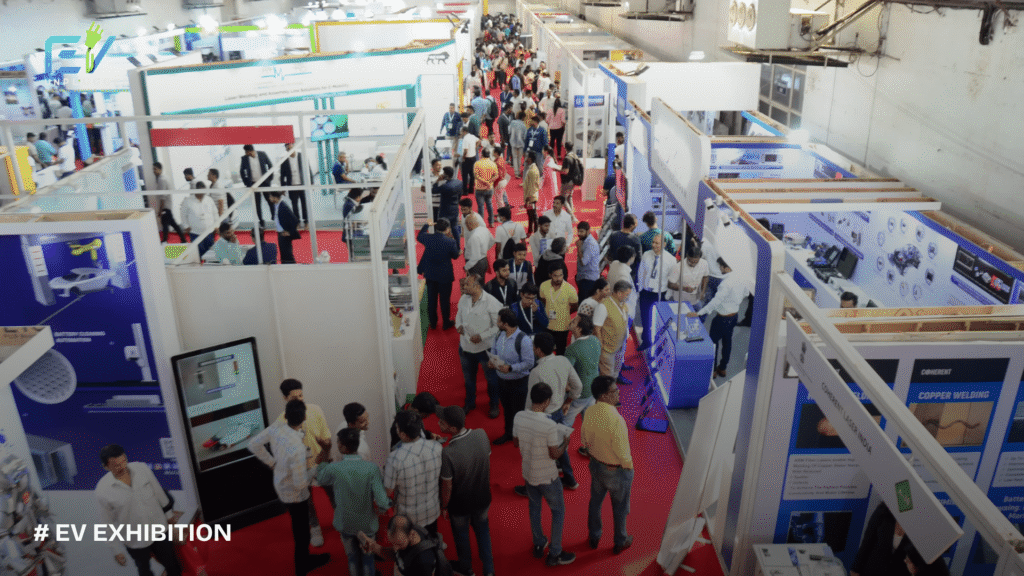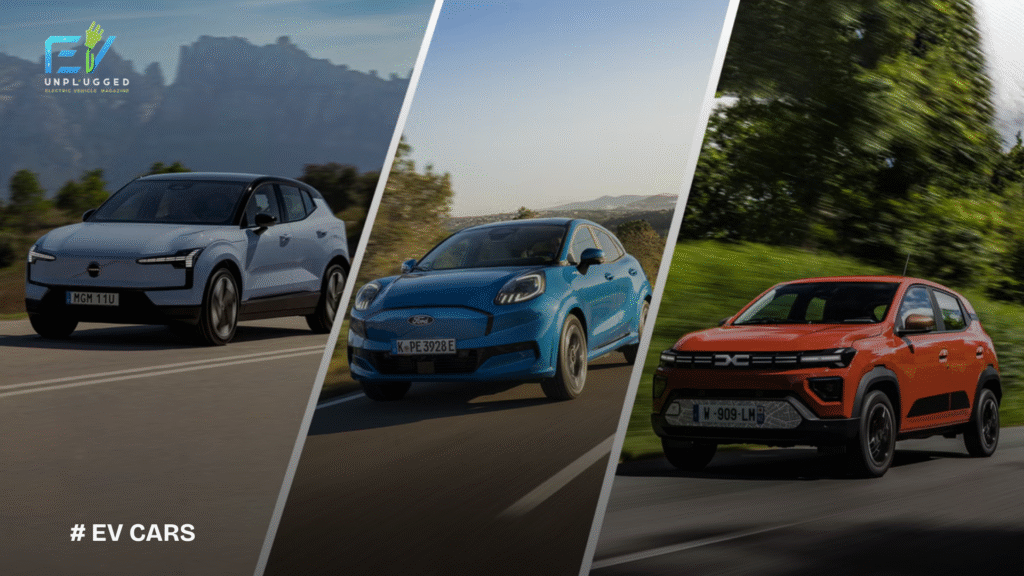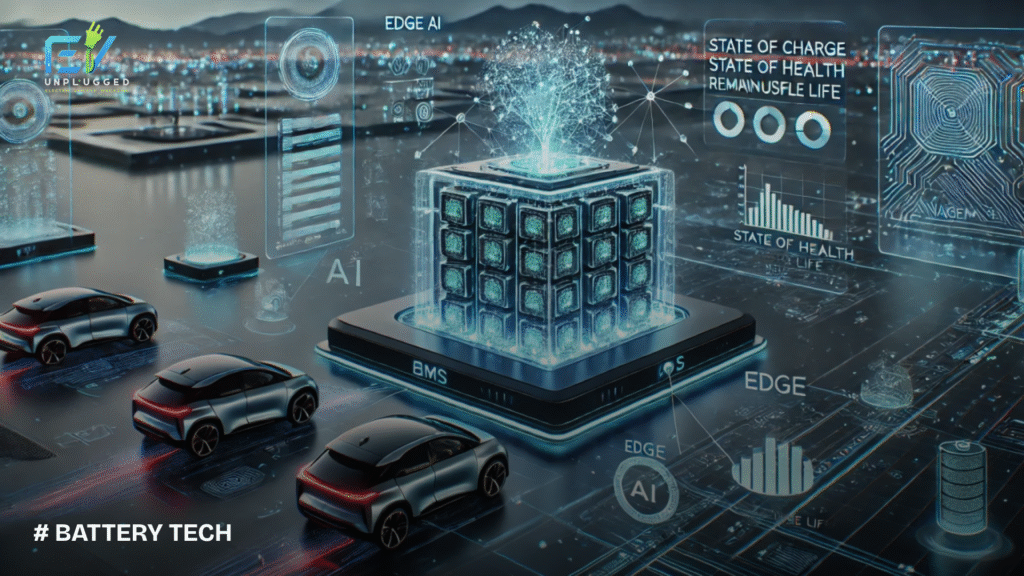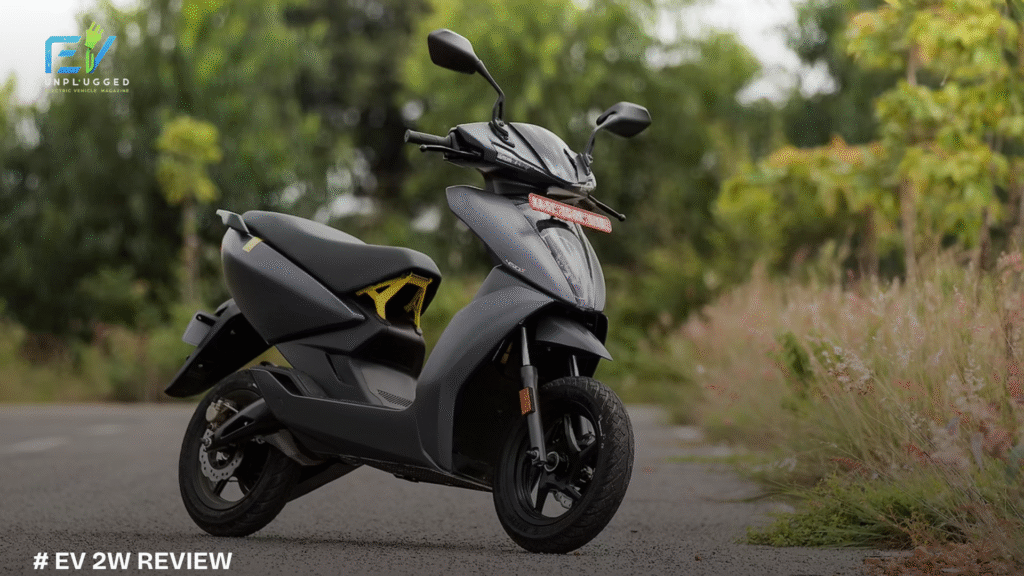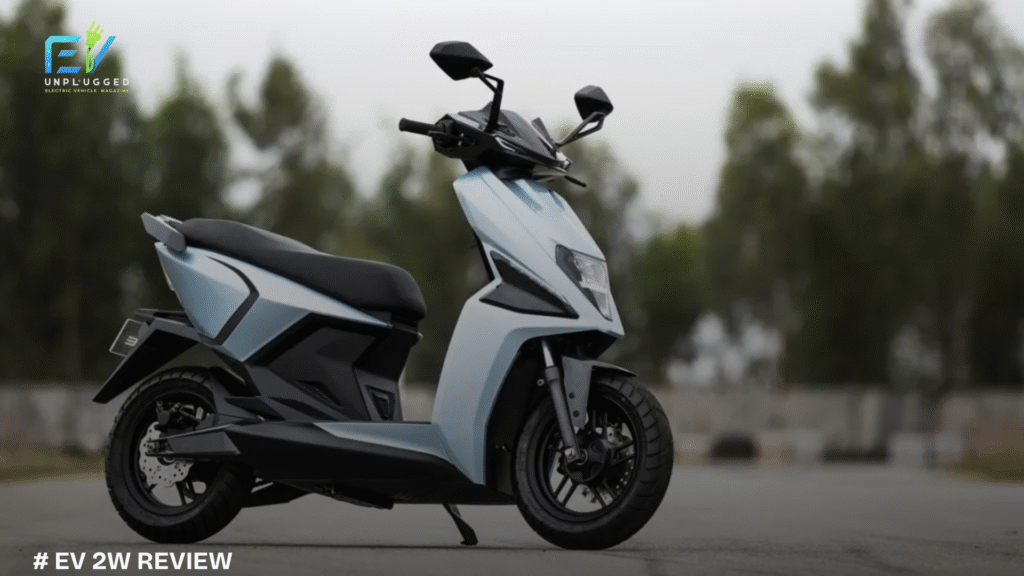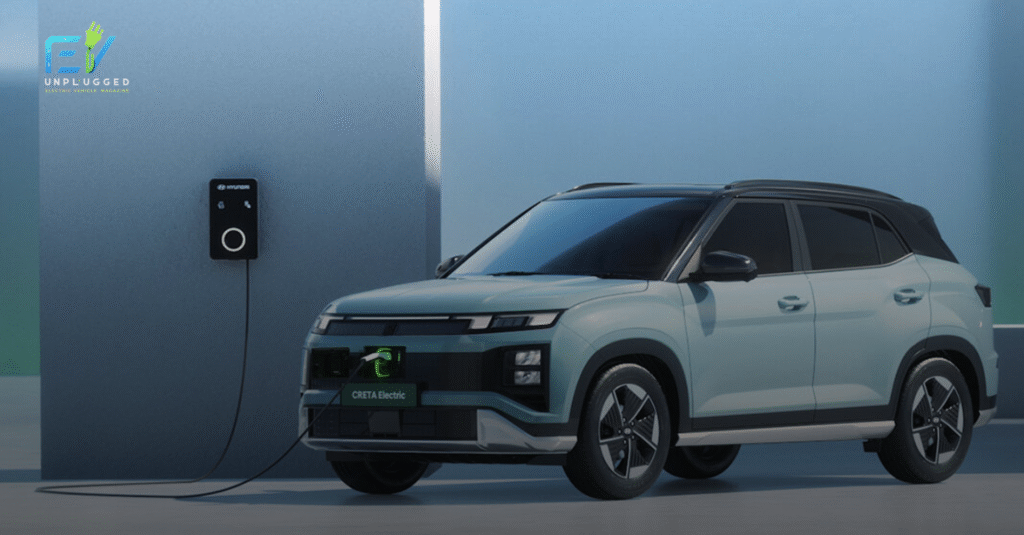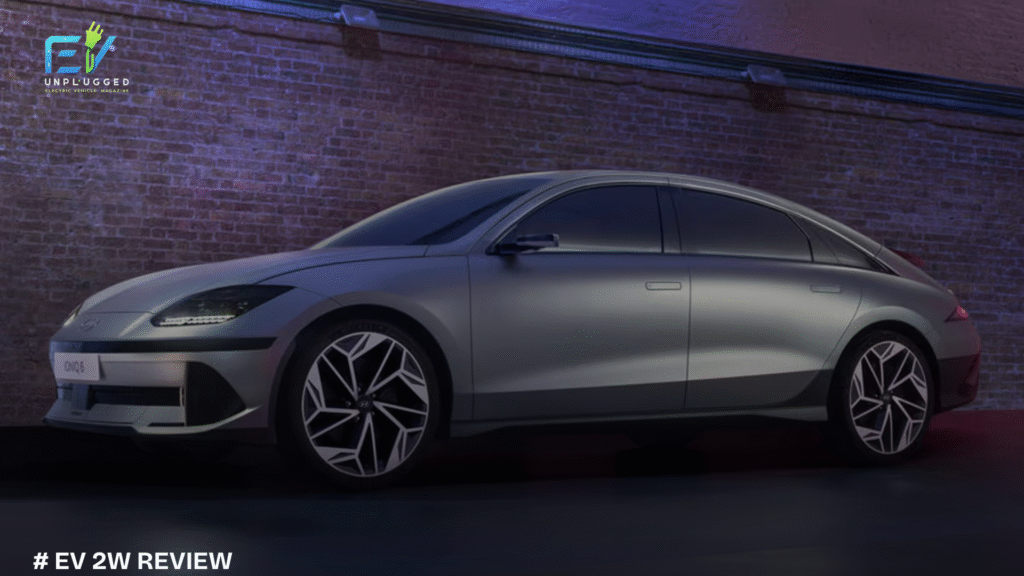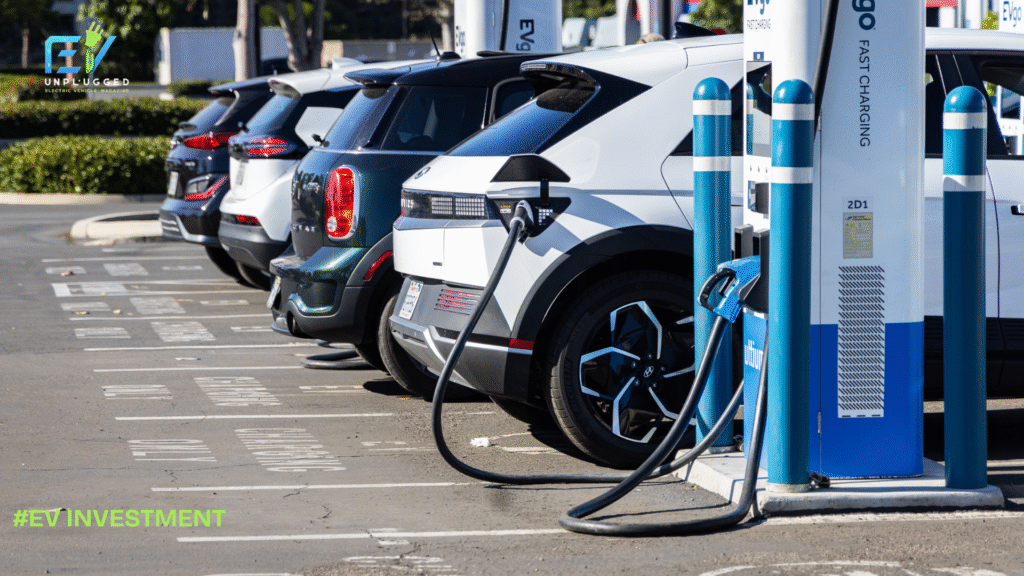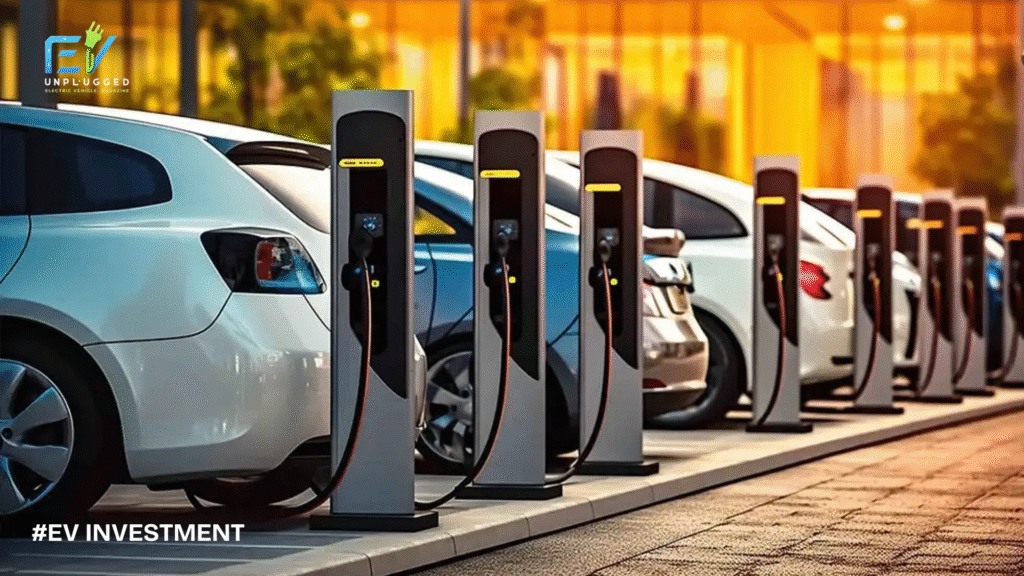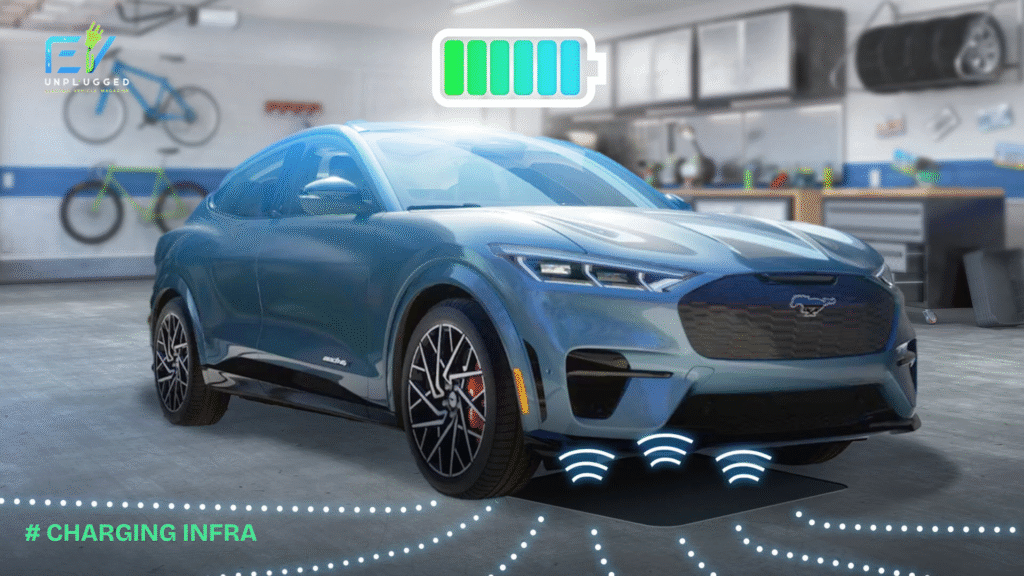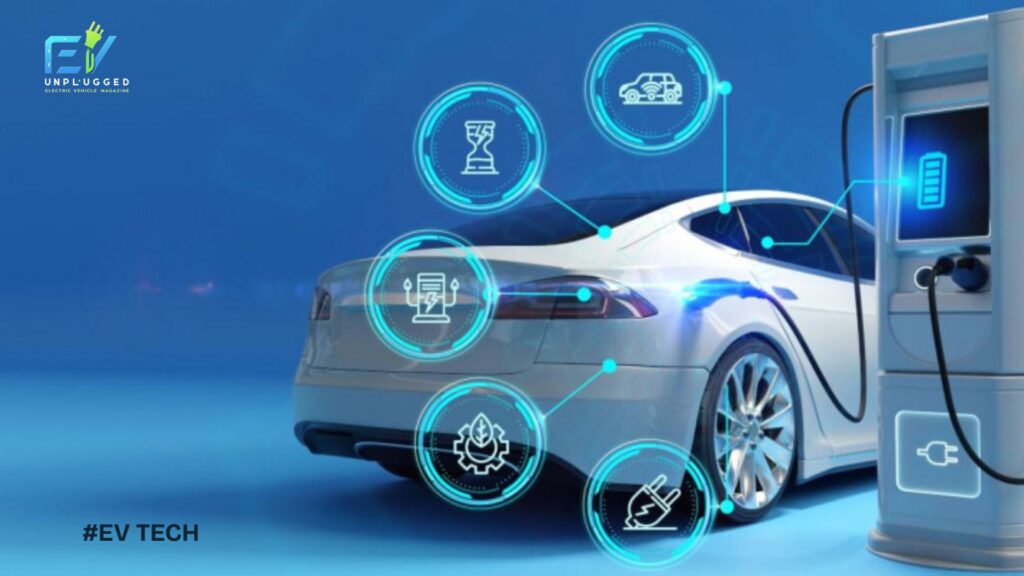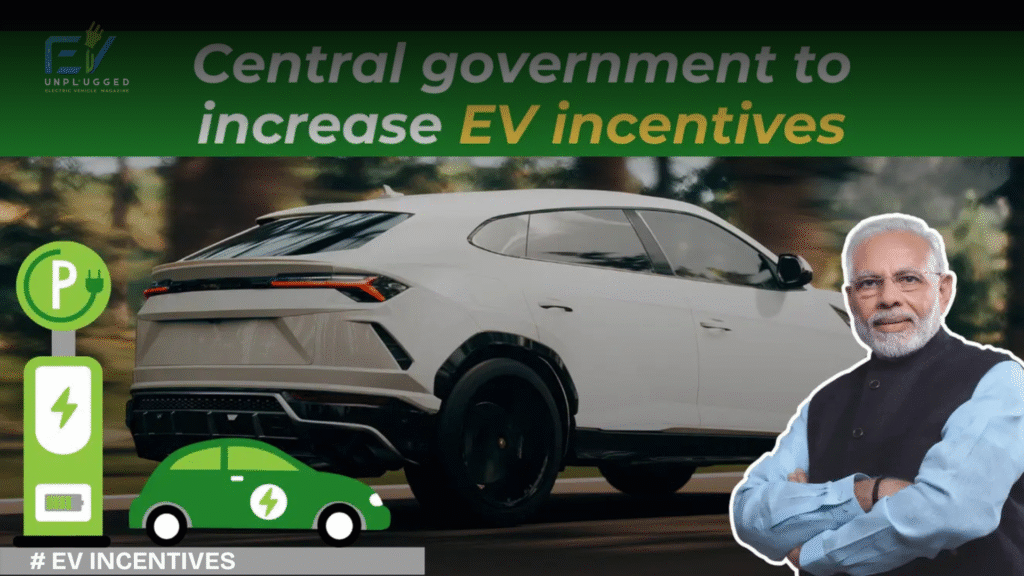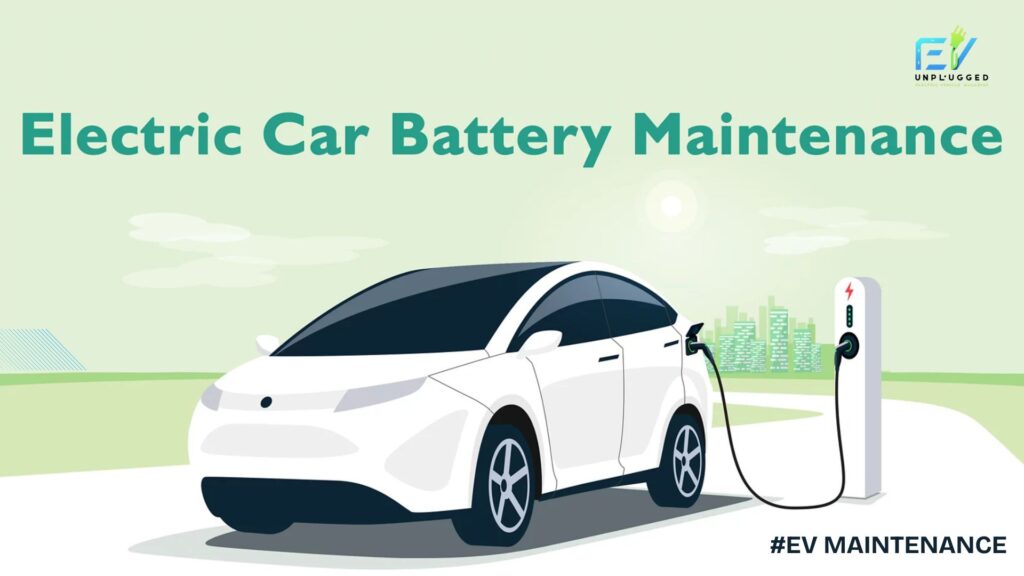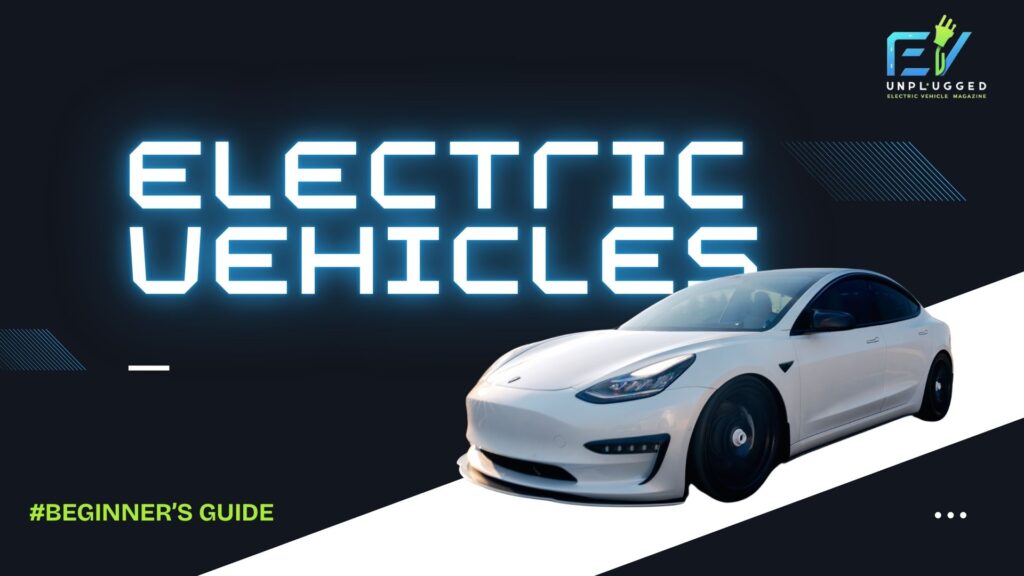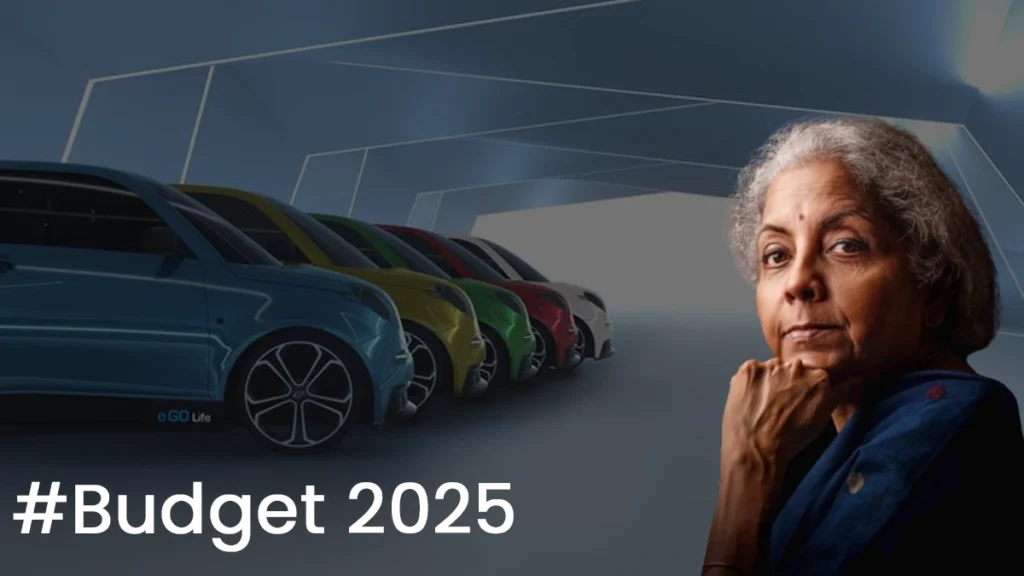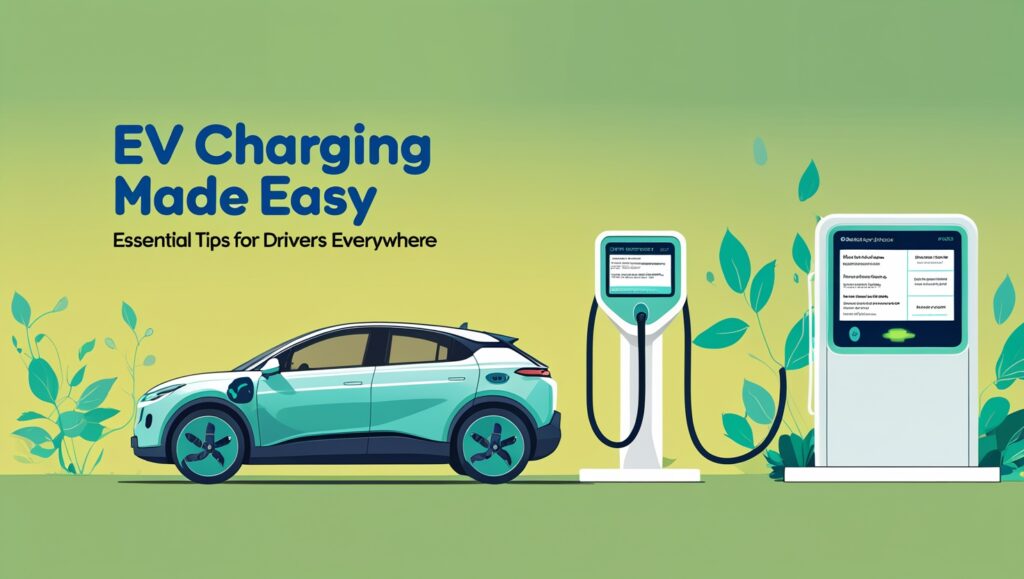Charging India’s Future: An Exclusive Interview with Parveen Yadav, Founder of Alektrify
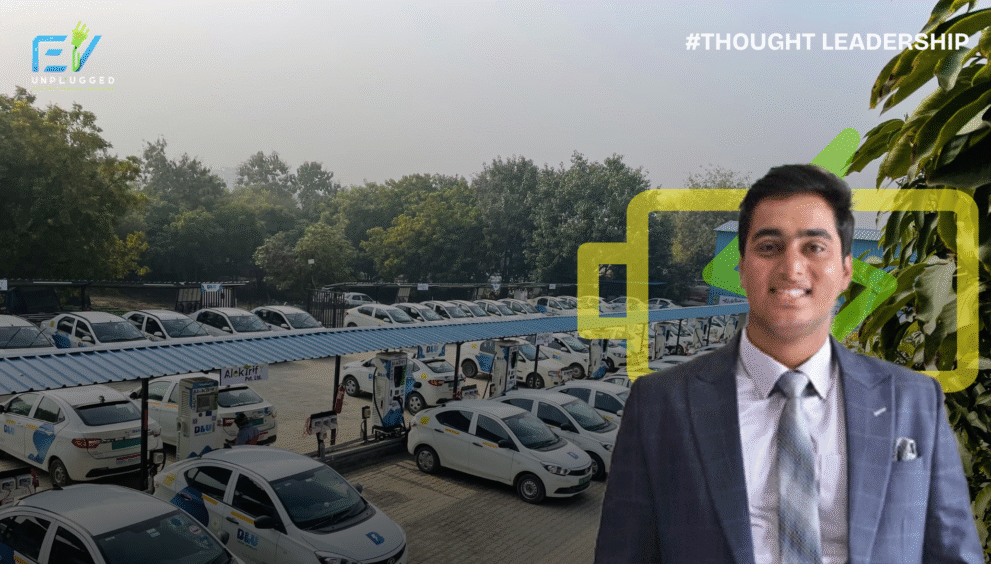
How Alektrify is building scalable, sustainable, and intelligent charging infrastructure for India’s EV revolution.
India’s electric mobility landscape is transforming rapidly, but one challenge has remained constant: reliable charging infrastructure. Stepping up to address this challenge is Alektrify, a company that has pioneered large-scale EV charging hubs and innovative business models to accelerate adoption. We sat down with Parveen Yadav, Founder of Alektrify, to understand the company’s journey, milestones, and vision for the future of clean mobility in India.
Can you share the story behind Alektrify’s inception?
Parveen Yadav: Alektrify was born out of a vision to make clean mobility practical and accessible across India. I realized early that while EVs had the power to transform transportation, the lack of reliable charging infrastructure was a major barrier. The idea for Alektrify stemmed from this gap.
The early years weren’t easy—we faced policy uncertainties, limited land access, low awareness, and scepticism from property owners. It took consistent efforts to build trust, educate stakeholders, and overcome infrastructure constraints while scaling operations.
What have been some of Alektrify’s key milestones in expanding India’s EV charging network?
Parveen Yadav: Some of our proudest achievements include:
- Establishing India’s first and largest open charging hub.
- Partnering with governments, real estate developers, and renewable energy firms to enable sustainable deployment.
- Launching flagship stations with 100+ chargers operating 24/7 for fleets and long-distance travellers.
- Pioneering a land lease model that turns idle land into profitable EV infrastructure.
Each milestone has brought us closer to making EV charging as convenient as refuelling at a petrol pump.
How do you envision Alektrify’s role evolving in the coming years?
Parveen Yadav: We see Alektrify as a catalyst for India’s clean mobility revolution. Our focus is threefold:
- Scale: Expanding high-speed charging hubs across highways, Tier 1–3 cities, and logistics corridors.
- Smart Technology: Deploying AI-driven energy management, dynamic pricing, and real-time diagnostics.
- Sustainability: Increasing solar and battery storage integration to reduce grid dependency.
Our mission is to build not just infrastructure but an intelligent, resilient charging network that aligns with India’s net-zero ambitions.
From your perspective, what are the biggest infrastructure gaps in EV adoption today?
Parveen Yadav: The main gaps include uneven charging station distribution, lack of standardized payment systems, and grid limitations. At Alektrify, we’re working with DISCOMs, piloting hybrid power models, and digitizing the entire user experience.
But broader industry-government coordination is crucial—faster approvals, streamlined regulations, and targeted subsidies will accelerate scale.
Alektrify recently developed India’s largest EV charging station in Gurugram. What does this milestone mean for you?
Parveen Yadav: It’s both a symbolic and functional achievement. It proves to users that long-distance EV travel is viable, while also serving as a learning lab for high-density operations.
We’re studying traffic flow, utilization patterns, and user preferences to refine future hubs. The biggest lesson? Modular scalability—start strong, then expand as adoption grows.
How will emerging technologies like smart charging, V2G, and renewable integration reshape the charging landscape?
Parveen Yadav: These are true game changers.
- Smart charging balances loads and cuts energy costs.
- V2G can make EVs an energy asset for the grid.
- Renewable integration ensures sustainable, resilient operations.
We’re already piloting smart chargers and exploring solar + battery setups at key hubs to make charging greener and more reliable.
What advice would you give to entrepreneurs entering the EV infrastructure space?
Parveen Yadav: Focus on solving real problems—reliability, affordability, and accessibility. Partnerships are key in this capital-intensive sector, and it’s vital to understand regulations and the energy ecosystem deeply. Above all, listen to the end user; the best innovations solve real driver pain points.
“At Alektrify, we’re electrifying the roads of tomorrow—one smart, sustainable charge at a time”
Parveen Yadav, Founder Alektrify
Editor’s Note: Why This Feature Matters
This story isn’t just about Alektrify’s growth as a charging company. It’s about how infrastructure, when built smartly and inclusively, can redefine India’s EV journey. By pioneering open hubs, land lease models, and renewable-backed solutions, Parveen Yadav’s vision positions Alektrify as more than a service provider — it’s a catalyst shaping the backbone of clean mobility in India.
Message to EV Unplugged Readers:
Whether you’re an entrepreneur, a policymaker, or simply someone curious about the EV future — Alektrify’s journey is a reminder that building a sustainable mobility ecosystem requires resilience, innovation, and a user-first approach. The story proves that India’s net-zero ambitions won’t just be achieved by government policies or global investments, but by visionaries who turn real-world challenges into scalable, people-centric solutions.

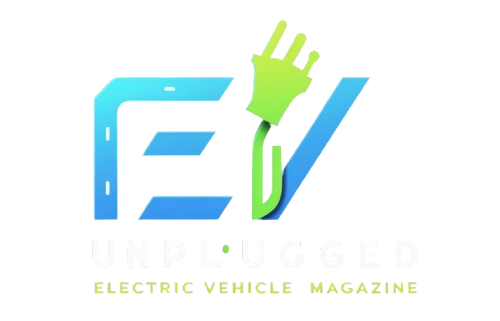
 English
English 